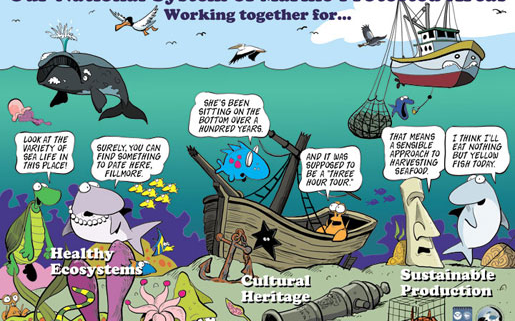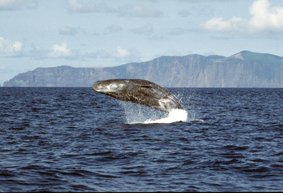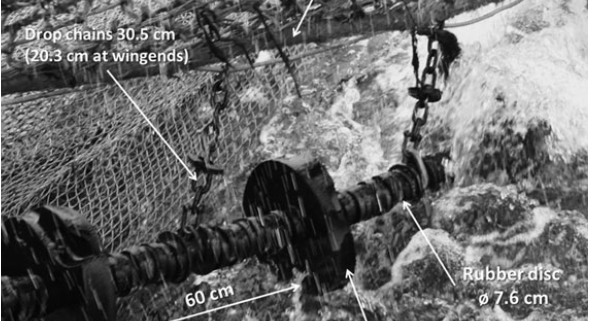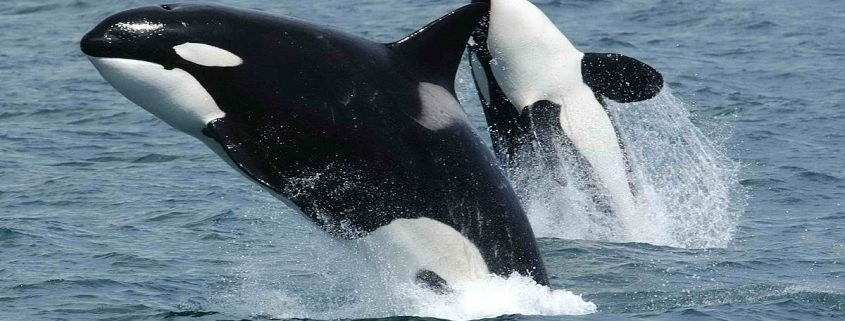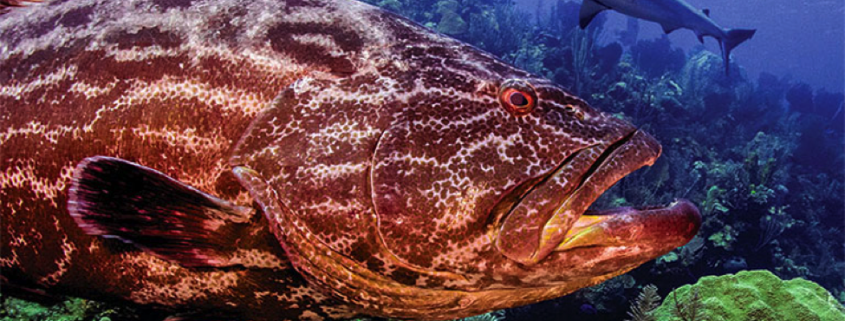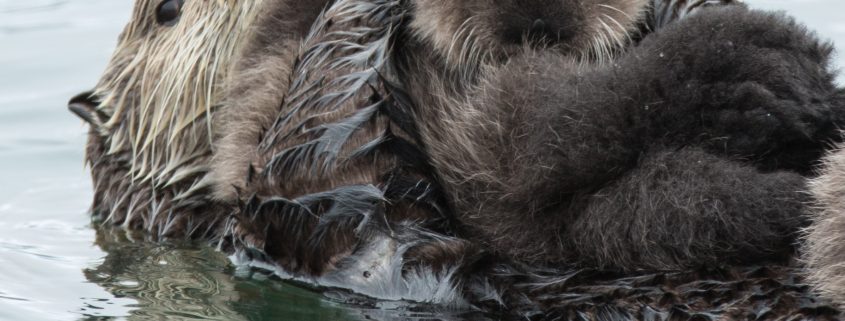Marine Protected Areas Play a Crucial Role in Conservation and Fisheries Management
By Abby Tinari, SRC Intern Marine protected areas (MPAs) are put in place to protect natural resources from anthropogenic impacts. They play a crucial role in biodiversity conservation and fisheries management, allowing for the protection of nurseries and breeding grounds for rare or commercially important species. Introduction MPAs attempt to maximize fishery yields while protecting […]
Individual, unit and vocal clan level identity cues in Sperm Whale Codas
By Ryan Keller, SRC intern The social calls produced by sperm whales consist of three or more broadband overlapped clicks, called Codas. It is believed that certain codas are used to call certain individuals within a unit rather than a broader class of codas which are to all whales in the area. During social learning […]
Analysis of a drop chain trawl as a method of bycatch reduction with squid, skates, and flatfish
By Brenna Bales, SRC Intern It is no secret that bycatch is a huge problem threatening the health of the oceans. Gillnets, longlines, and trawl nets often capture many more unintended species than what is originally sought after. In order to reduce this extremely wasteful practice, it is imperative that new systems and new technologies […]
Herring Perform Stronger Collective Evasive Reactions when Previously Exposed to Killer Whale Calls
By Shubham Mathur, SRC Intern The ability of large schools of marine fish to react to predatory behaviors with high levels of coordination. Forming a school and synchronized swimming are used to reduce the risk on any individual, and to detect approaching threats. The Atlantic herring (Clupea harengus) is an example of a species that […]
ICZM in Cuba: Challenges and Opportunities in a Changing Economic Conext
By Andriana Fragola, SRC Intern This paper discusses the problems and shortcomings hindering proper functioning of Integrated Coastal Zone Management (ICZM) initiatives in Cuba. ICZM began in Cuba in 1992 after the Earth Summit meeting. However, planning documents have not taken the structure of the Cuban government into account, making it difficult to implement this […]
Trade-offs Between Energy Maximization and Parental Care in a Central Place Forager, the Sea Otter
By Trish Albano, SRC Intern Energy expenditure is a key component to consumer foraging strategies. In this study, the influence of prey availability and reproductive limitations were examined, in an effort to determine their impact on the foraging behavior of the southern sea otter (Enhydra lutris nereis). Theoretically, when food is plentiful, it is energetically […]

